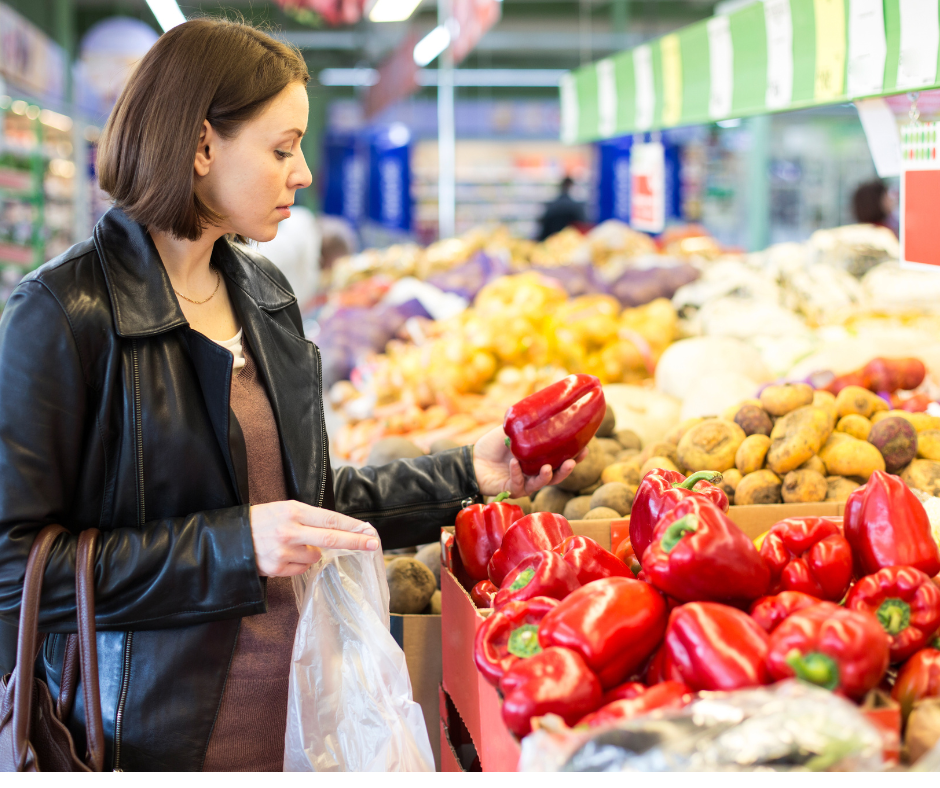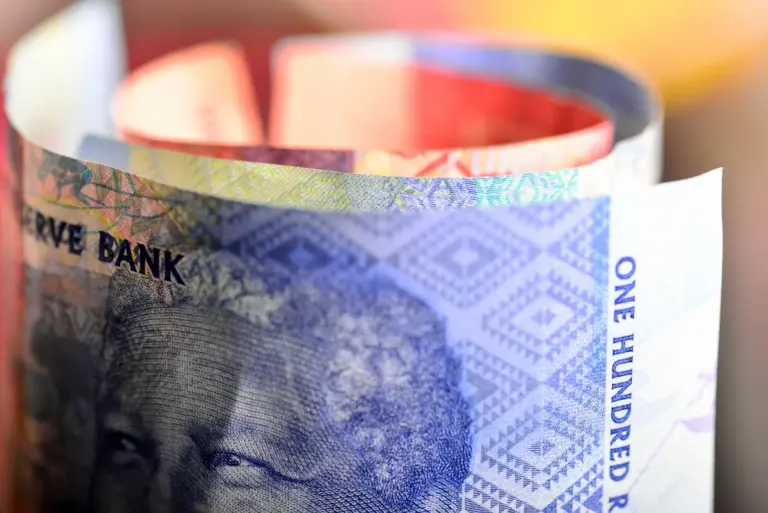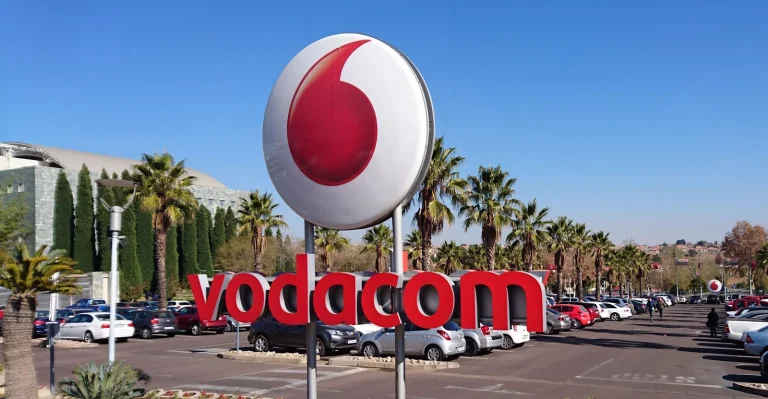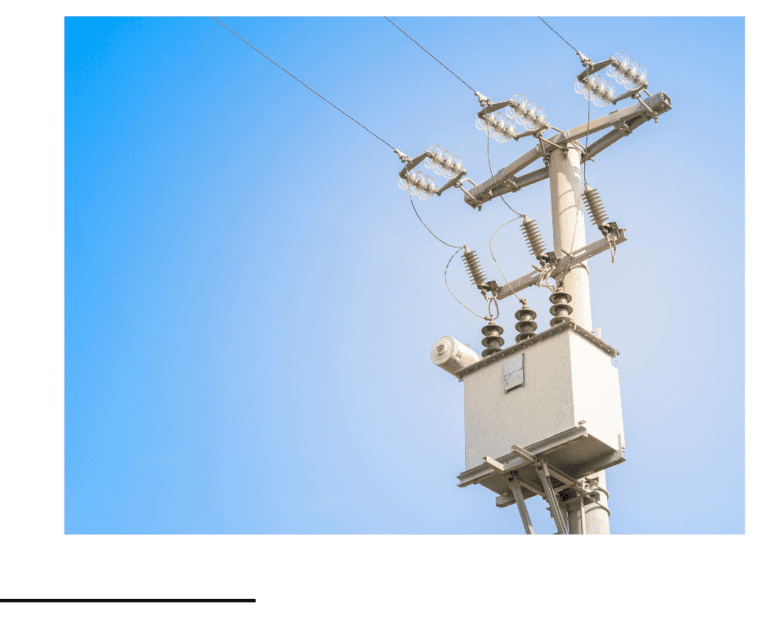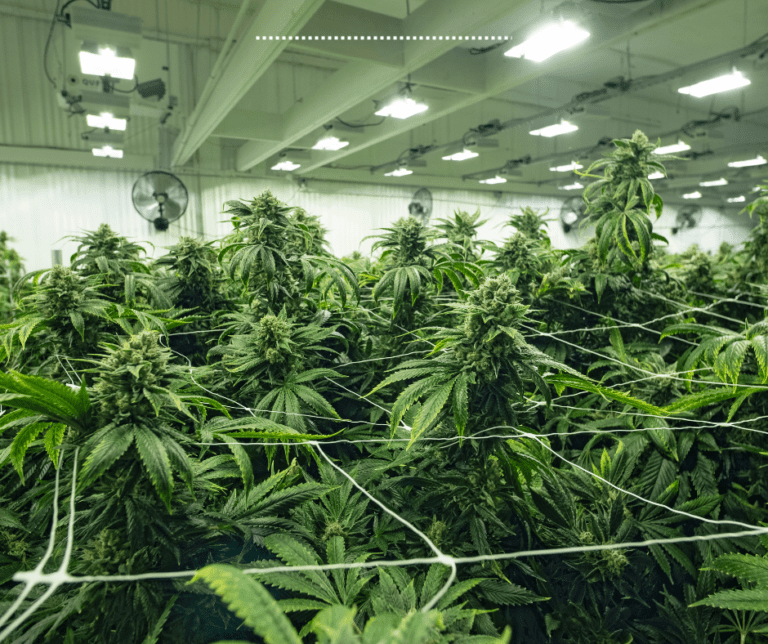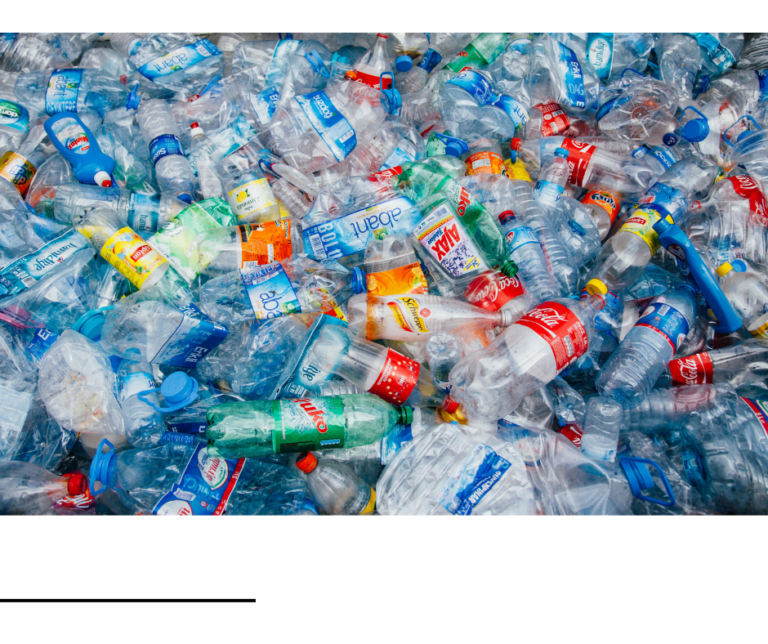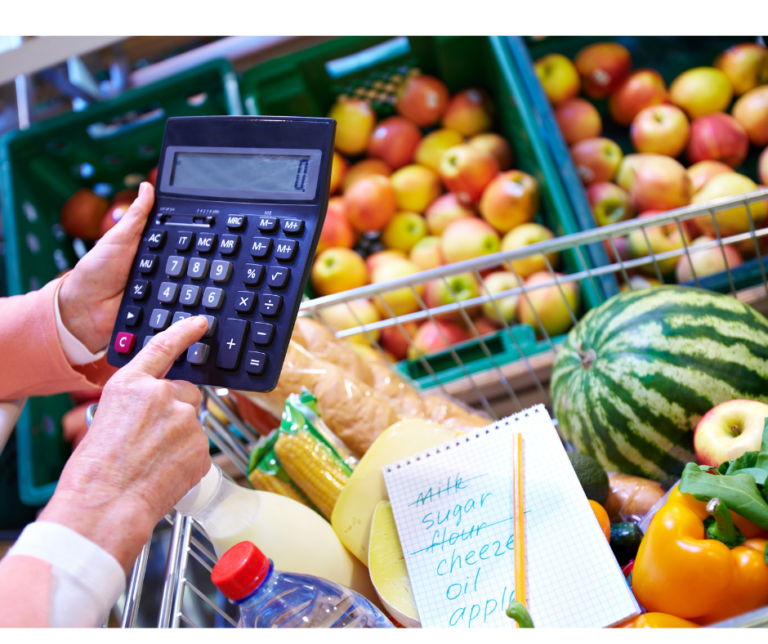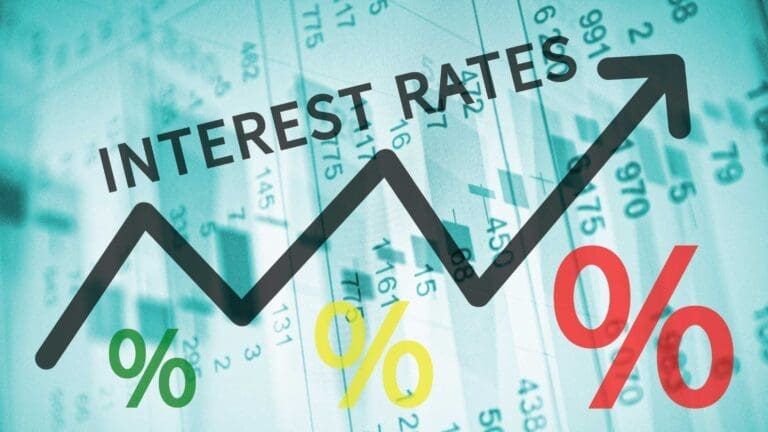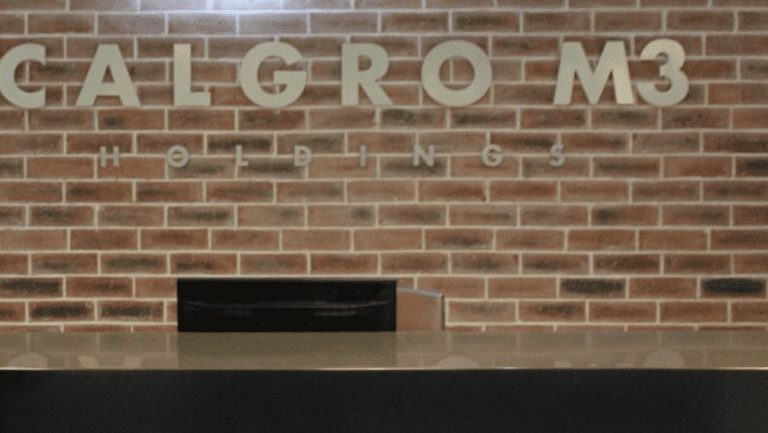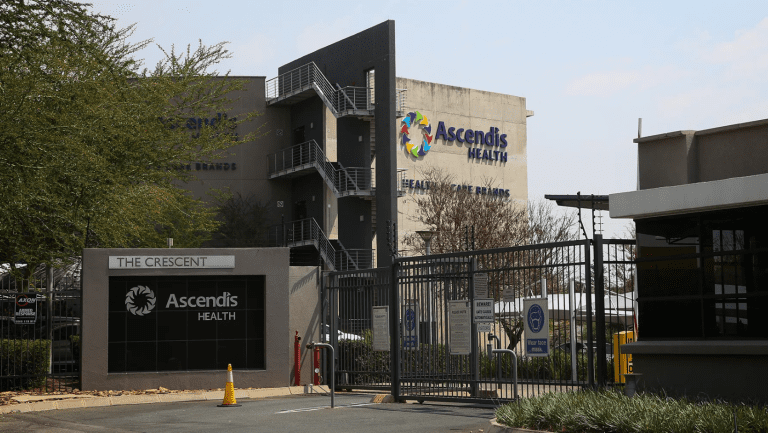The Pietermaritzburg Economic Justice and Dignity Group (PMBEJD) has raised concerns over the inadequacy of social grants in South Africa, particularly in light of skyrocketing food prices. Despite recent increases in grants, the PMBEJD asserts that they are insufficient to cover the rising cost of living, leaving many families struggling to afford basic necessities.
As of April 2024, the South African government implemented changes to various grants, including marginal increases and an unexpected hike in the Social Relief of Distress (SRD) grant, which rose from R350 to R370 per month. One of the most crucial grants, the child support grant, saw an increase to R530 per month. However, the PMBEJD argues that these increases are insufficient to keep pace with the rising cost of food.
According to the PMBEJD, the R20 increase in the child support grant for 2024 falls short of covering the R68 increase in the cost of feeding a child over the past year. Furthermore, the R80 boost in grants over the last four years has failed to match the R200 hike in food costs during the same period. This stark disparity highlights the widening gap between social grants and the actual cost of living in South Africa.
The PMBEJD’s research reveals alarming statistics: in April 2024, the Child Support Grant of R530 is 30% below the Food Poverty Line of R760 and 45% below the R960 average cost to feed a child a basic nutritious diet. This reality underscores the immense challenge faced by low-income families in accessing adequate nutrition for their children.
Mothers surveyed by the PMBEJD expressed gratitude for the additional grant money, despite its inadequacy. Many households, after prioritizing essential expenses such as burial fees and creche fees, are left with little to purchase staple foods. Basic necessities like cooking oil, washing soap, and sugar become luxuries, further exacerbating food insecurity among vulnerable populations.
The PMBEJD’s latest food basket data paints a grim picture of the ongoing crisis. The household food basket for April 2024 increased to R5,336.31, representing a 6.2% rise compared to April 2023. This surge in prices outpaces the Consumer Price Index (CPI) for food, which stood at 6.1% in February 2024.
The basket, comprising 44 essential food items, reflects the purchasing power of the majority of households in South Africa. Alarmingly, 15 food items experienced double-digit price growth year-on-year, with staples like oranges, sugar beans, and rice seeing significant increases. The relentless inflation in food prices places an immense burden on already strained household budgets.
Eggs, a dietary staple for many South Africans, have experienced a staggering 31% increase in price compared to the previous year. This trend extends to other food categories, with items like rice and pizza witnessing sharp price hikes, further squeezing household finances.
Despite some minor price decreases in certain categories, such as bread flour and pasta, overall food inflation remains a pressing concern. Stats SA reports a general slowdown in food and non-alcoholic beverage inflation, but certain categories continue to experience significant price increases, including hot beverages and oils and fats.
In conclusion, the PMBEJD’s findings underscore the urgent need for comprehensive measures to address food insecurity and poverty in South Africa. While social grants provide a vital lifeline for many families, their inadequacy in the face of rising food prices threatens to deepen the cycle of poverty and deprivation. Immediate action is required to ensure that all citizens have access to nutritious food and a decent standard of living.


